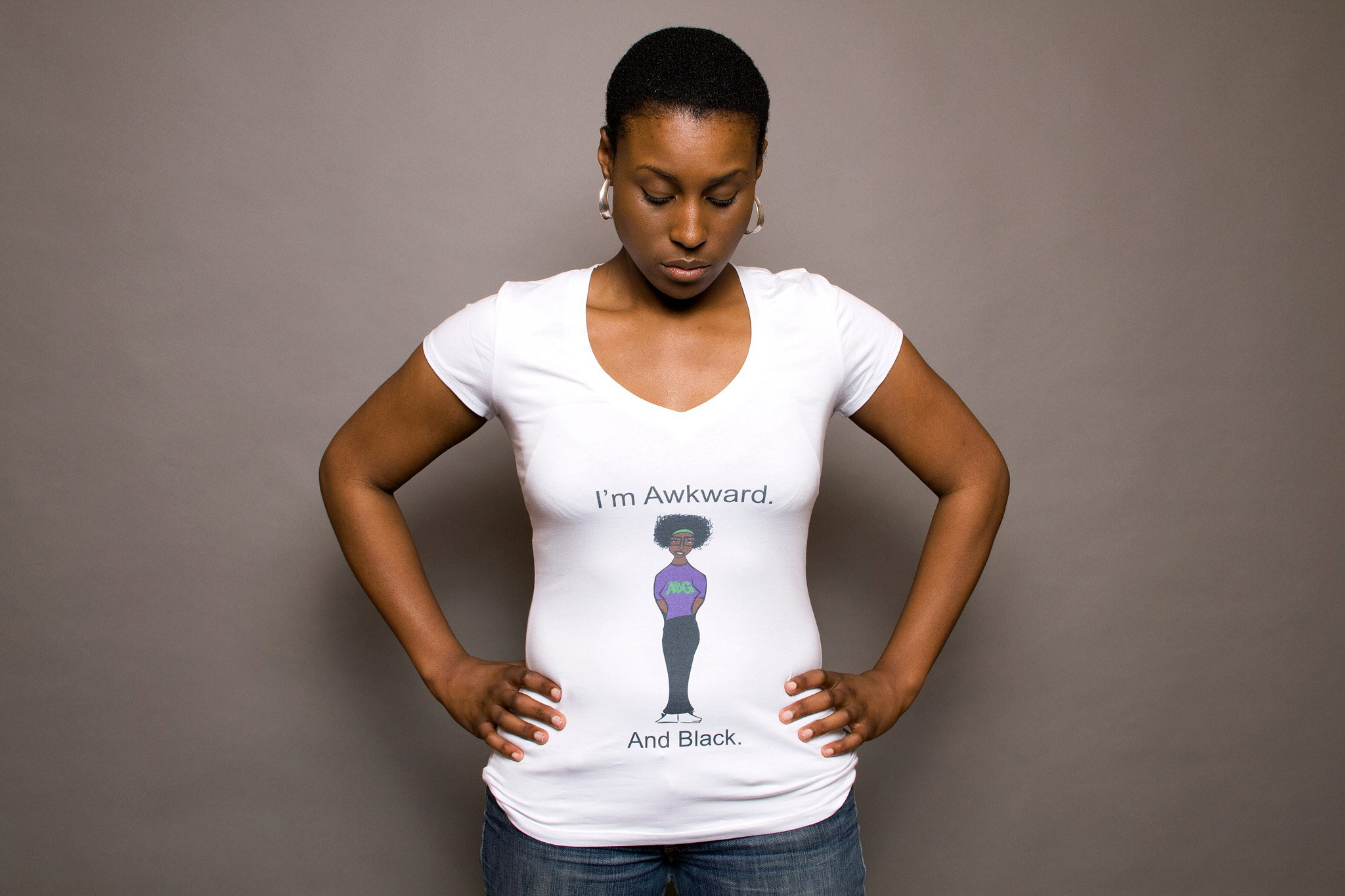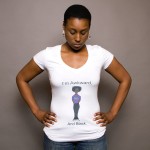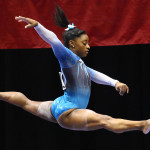by Alexis Payne
The Sapphire. The Mammy. The Jezebel. The Sapphire. The Mammy. The Jezebel….The media, like a broken record, plays this same, sad song again and again. It seems these are the only identities available for Black girls in America.
In an industry dominated by white executives, white producers, and white writers, narratives that strive to embody all of “Blackness” are few and far between. Instead, it is often easier for production companies to support narratives that perpetuate common stereotypes, giving Black women few options to shape their own identities for public consumption.
Awkward Black Girl represents a revolutionary and much-needed interruption of this cycle.
Issa Rae, who is both the writer and the main character of her hit web series, is no Jezebel, Sapphire or Mammy. She is a human being whose very existence at the forefront of pop culture and media rejects the theories of Black essentialism. She pushes the envelope by suggesting that Blackness can mean a range of different experiences and by emphasizing through her work that there is no one way to be Black.
In a new documentary highlighting the importance of the show, Shana Redmond, a professor at the University of California remarked, “We’re so unaccustomed to seeing Black folks as anything other than the life of the party, the dancer, the extrovert…she [Issa Rae] is really bringing some complicated narratives to bear on those types of representations.”
I first watched Awkward Black Girl a few months ago because my friends – all of whom identify proudly as “awkward Black girls” – told me how revolutionary it was. I didn’t expect to laugh as much as I did nor did I expect to relate to Rae’s character as much as I did. At moments I found myself crying at the fact that I had become so numb to the influence of mass media. I had been unknowingly indoctrinated to believe that because of my own deviation from the “common narrative,” I was “other than Black.” I saw myself in Awkward Black Girl: painfully introverted, beautifully quirky, and uncoordinated. Constantly grappling with what it means to be a Black woman in life and love, I was enamored with the range of identities in the show, the unapologetic and seamless integration of “key issues” into the main narrative, and the ability the show had to make me laugh harder than I ever have before.
If nothing more, Awkward Black Girl has been revolutionary as a narrative that allows Black people to laugh. It has countered the images we have seen every day about Black violence, murder, and systematic oppression. It has put Black girls at the forefront of their own stories (in their rightful place) and it has removed white producers from their self-righteous pedestals by insisting that the experience of Blackness cannot be accurately depicted without the presence of Black people in the industry.
There is no doubt about it. There is a pressing need for more shows that elevate the true narratives of Black girls everywhere. Reflecting the sentiments of Viola Davis’s victory speech, “You cannot win an Emmy for roles that are simply not there.” Thanks to the work of brilliant women like Issa Rae, Ava DuVernay, and Shonda Rhimes, we have been thrust into a more hopeful era when it comes to the portrayal of Black women in mass media. Nonetheless, we have a long way to go in order to promote awareness of the beautiful diversity of Black Womanhood.



Well written enjoy the view that was expressed.